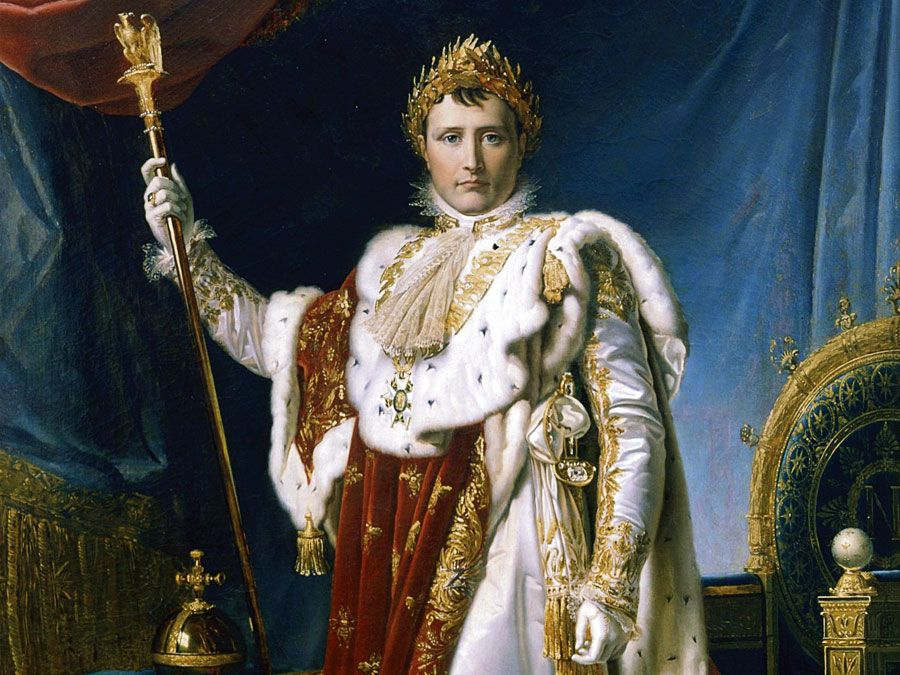Leo V
Our editors will review what you’ve submitted and determine whether to revise the article.
- Byname:
- Leo the Armenian
- Died:
- Dec. 25, 820, Constantinople
- Title / Office:
- emperor (813-820), Byzantine Empire
Leo V (died Dec. 25, 820, Constantinople) was a Byzantine emperor responsible for inaugurating the second Iconoclastic period in the Byzantine Empire.
When Bardanes Turcus and Nicephorus I were fighting over the Byzantine throne in 803, Leo, son of the patrician Bardas, at first served Bardanes but later sided with Nicephorus. Leo distinguished himself as a general under Nicephorus I and Michael I and became strategos (“general”) of the Anatolikon district of the empire. He took part in the campaign of 813 against the Bulgars, but, when Michael unwisely refused the peace terms they offered, the Asian troops under Leo deserted at the Battle of Versinikia, near Adrianople. Leo then deposed Michael I and in July 813 replaced him.
Meanwhile, Krum, the Bulgarian khan, had reached the walls of Constantinople. Leo succeeded in drawing him back and concluded a treaty with Krum’s successor, Omortag, that determined the boundary between the two countries and provided a 30-year peace. In the ʿAbbāsid caliphate the troubles following the death of the caliph Hārūn al-Rashīd in 809 continued to provide the empire a respite from threats from the east.

In March 815 Leo deposed the Orthodox patriarch Nicephorus and convoked a synod for the following month that reimposed the decrees of the Iconoclast synod of Hieria of 754, which had opposed the use of icons (religious images). Leo was assassinated during a Christmas service in the church of Hagia Sophia by friends of Michael the Amorian, whom Leo had condemned to death the day before on a charge of treason. After the assassination Michael ascended the throne as Michael II.










